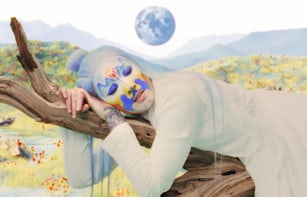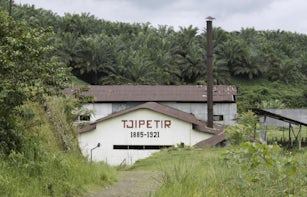Into Africa

Important temporal transitions, such as the shift from one century to another, tend to have a transformative impact on cultural production. Long-held artistic values fall under heavy scrutiny and even attack, while firmly entrenched styles and methodologies are suddenly consigned to the outer limits of usefulness. Today, in part because of the approaching millennial leap, we are experiencing early but unmistakable signs of the most comprehensive set of challenges to the art world’s values since the 1960s.One indicator of this transformation is the extent to which the most interesting artists of the moment have banished considerations of style, genre and nationality from their work in favour of as unfettered an engagement with content as possible. Artists today seem less concerned than their predecessors with whether or not art can be confused with other areas of human endeavour and are pushing music, film, video, writing, performance and direct social engagement to the forefront of their activity. The ubiquitous nature of the digital universe, with its interwoven strata of communication, work and leisure, seems to be pointing to a society of instant access, which will in turn place greater emphasis on human interaction and less on the production of masterpieces that convey an exalted but ultimately distanced exchange. Conceptual art may yet have its rebirth as the democratised tool of the masses, an adaptable system for expressing ideas and concerns across a vast obstacle course of cultural and linguistic hurdles.



